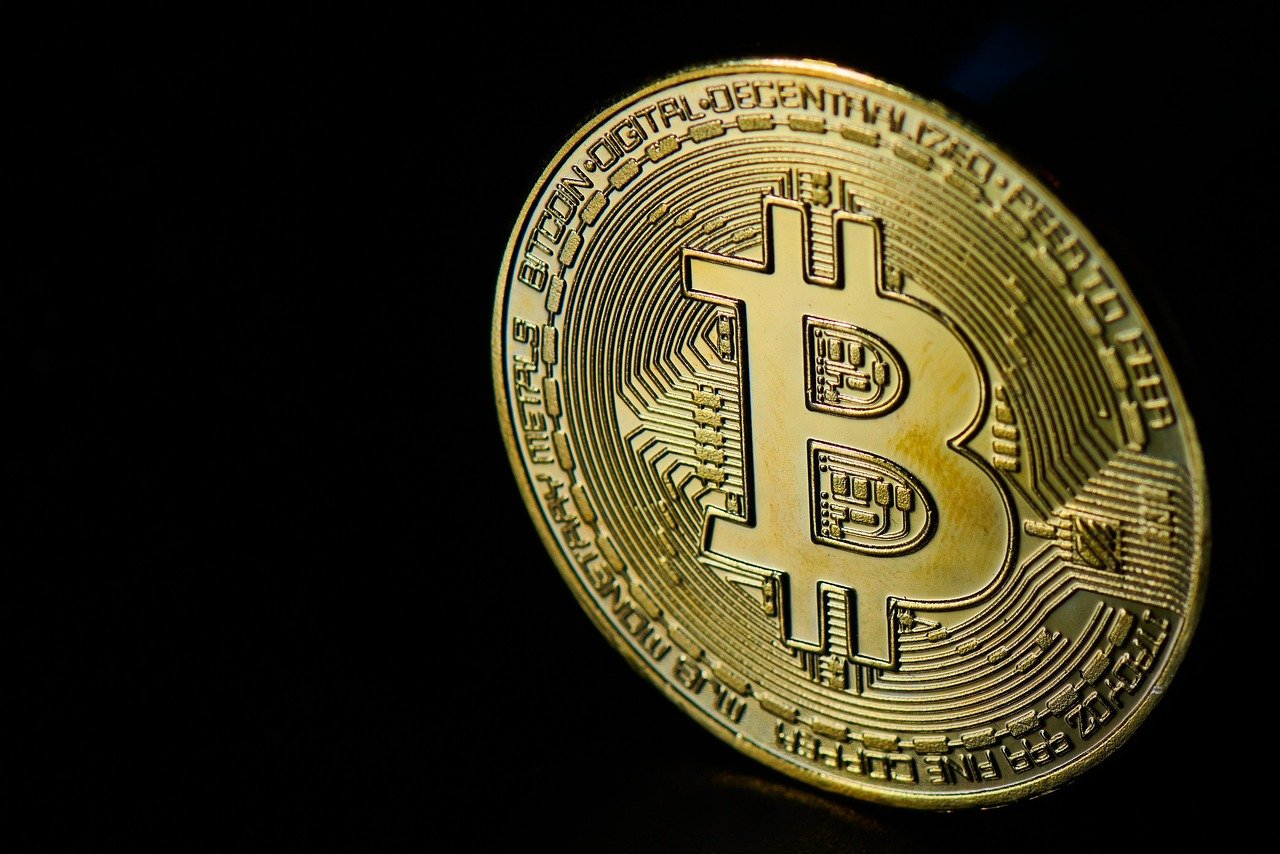Privacy in the digital age is a growing concern, and this extends to the world of cryptocurrency. While Bitcoin and other popular cryptocurrencies offer a degree of pseudonymity, transactions are often traceable, potentially revealing sensitive information about users. This is where privacy coins come in, offering enhanced anonymity and confidentiality for those who value discretion in their financial transactions. This post will delve into the world of privacy coins, exploring their functionalities, benefits, and potential challenges.
Understanding Privacy Coins
What are Privacy Coins?
Privacy coins are cryptocurrencies that utilize various technologies to obscure transaction details, making it difficult or impossible to link transactions to specific individuals or entities. They aim to provide a level of financial privacy akin to using cash, where transactions are inherently difficult to trace. Unlike Bitcoin, where the public ledger (blockchain) allows for analysis of transaction flows, privacy coins implement mechanisms to break this chain of traceability.
How Do They Differ from Other Cryptocurrencies?
The core difference lies in the level of anonymity provided. Standard cryptocurrencies like Bitcoin use a public ledger where transactions are recorded. While Bitcoin addresses are pseudonymous, advanced blockchain analysis techniques can often link addresses to real-world identities. Privacy coins, on the other hand, are specifically designed to overcome these limitations.
- Bitcoin (and similar cryptos): Pseudonymous, traceable transactions, public ledger.
- Privacy Coins: Anonymous (or more accurately, enhanced privacy), untraceable transactions, enhanced cryptographic protocols.
Why Use a Privacy Coin?
Users choose privacy coins for a variety of reasons:
- Financial Privacy: To prevent others from knowing their spending habits, investment strategies, or financial status. This is particularly relevant in jurisdictions with high surveillance or potential financial instability.
- Security: To protect themselves from potential threats, such as theft or extortion, that might arise if their financial information is publicly available.
- Censorship Resistance: To bypass censorship and financial restrictions imposed by governments or other institutions.
- Data Protection: To control their personal data and prevent it from being collected, analyzed, and potentially misused by third parties.
- Business Confidentiality: Businesses may want to protect their transactions with suppliers and customers from competitors.
Key Technologies Behind Privacy Coins
Ring Signatures
Ring signatures allow a user to sign a transaction on behalf of a group of users (the “ring”) without revealing which member of the ring actually signed the transaction. This obscures the origin of the transaction.
- Example: Monero utilizes Ring Confidential Transactions (RingCT), which combines ring signatures with confidential transactions to hide the amounts being transacted.
Stealth Addresses
Stealth addresses allow the sender to create a unique, single-use address for each transaction. This prevents recipients’ public addresses from being linked to multiple transactions, making it difficult to track their overall transaction history.
- Example: Monero uses stealth addresses by default. When someone sends XMR, a unique address is generated specifically for that transaction, preventing the recipient’s main address from being exposed.
Zero-Knowledge Proofs (ZKPs)
Zero-knowledge proofs allow one party (the prover) to prove to another party (the verifier) that a statement is true without revealing any information beyond the validity of the statement itself. This technology is used to verify transactions without revealing the sender, receiver, or amount.
- Example: Zcash utilizes zk-SNARKs (Zero-Knowledge Succinct Non-Interactive Argument of Knowledge) to shield transaction details. This allows users to send transactions without revealing the sender, receiver, or amount transacted. It’s like proving you know the solution to a puzzle without revealing the solution itself.
CoinJoin
CoinJoin involves combining multiple transactions into a single transaction, mixing the inputs and outputs to obscure the links between senders and recipients.
- Example: Wasabi Wallet is a popular Bitcoin wallet that uses CoinJoin to enhance privacy. Users contribute their Bitcoin to a common pool, and the wallet mixes the funds, making it difficult to trace the original source.
Popular Privacy Coins and Their Features
Monero (XMR)
- Key Features: Ring signatures, stealth addresses, and Ring Confidential Transactions (RingCT).
- Privacy Level: Considered one of the most private cryptocurrencies available.
- Use Cases: Everyday transactions where privacy is paramount, censorship resistance.
- Actionable Takeaway: If you need the highest level of privacy in your cryptocurrency transactions, Monero is a strong contender. Be aware that some exchanges may not list XMR due to regulatory concerns.
Zcash (ZEC)
- Key Features: zk-SNARKs for shielded transactions.
- Privacy Level: Offers both transparent and shielded transactions. Users can choose to send transactions privately (shielded) or publicly (transparent).
- Use Cases: Applications where selective disclosure is required, compliance with regulations while maintaining a degree of privacy.
- Actionable Takeaway: Zcash offers a balance between privacy and transparency. If you need to demonstrate compliance or provide auditability while still protecting sensitive data, Zcash is a suitable option.
Dash (DASH)
- Key Features: PrivateSend (CoinJoin-based privacy feature).
- Privacy Level: Optional privacy through PrivateSend.
- Use Cases: Fast and private transactions, microtransactions.
- Actionable Takeaway: While not as fundamentally focused on privacy as Monero or Zcash, Dash offers a quick and easy way to obfuscate transactions if desired.
The Future of Privacy Coins: Challenges and Opportunities
Regulatory Scrutiny
Privacy coins often face regulatory scrutiny due to concerns about their potential use in illicit activities. Governments and financial institutions are increasingly wary of cryptocurrencies that offer a high degree of anonymity. This can lead to delistings from exchanges and restrictions on their use.
- Example: Some exchanges have delisted Monero and Zcash in response to regulatory pressure.
Scalability Issues
Some privacy-enhancing technologies can impact scalability, making transactions slower and more expensive. zk-SNARKs, while offering strong privacy, are computationally intensive.
Technological Advancements
New cryptographic techniques and blockchain innovations are constantly emerging, potentially offering more efficient and effective ways to enhance privacy.
- Example: Bulletproofs are a more efficient alternative to zk-SNARKs, offering similar privacy benefits with lower computational overhead.
Adoption and Awareness
Wider adoption of privacy coins depends on increased awareness and understanding among the general public. Education and user-friendly tools are crucial for making privacy coins more accessible.
Conclusion
Privacy coins offer a valuable solution for individuals and organizations seeking to protect their financial privacy in an increasingly transparent world. While they face regulatory and technological challenges, the demand for privacy is likely to drive further innovation and adoption in the long term. Understanding the different technologies and features of various privacy coins is essential for making informed decisions about which ones best suit your needs. Remember to always do your own research and consider the potential risks before investing in any cryptocurrency.



